The Life and Adventures of Nicholas Nickleby (1947) Online
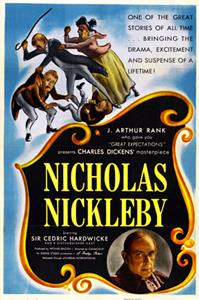
Nineteenth century England. When Nicholas Nickleby's father dies and leaves his family destitute, his uncle, the greedy moneylender, Ralph Nickleby, finds Nicholas a job teaching in a repulsive school in Yorkshire. Nicholas flees the school taking with him one of the persecuted boys, Smike, and they join a troop of actors. Nicholas then has to protect Smike, while trying to stop his Uncle Ralph taking advantage of his sister Kate, and later his sweetheart, Madeline Bray, whose father is in debtors prison.
| Cast overview, first billed only: | |||
| Derek Bond | - | Nicholas Nickleby | |
| Cedric Hardwicke | - | Ralph Nickleby | |
| Mary Merrall | - | Mrs. Nickleby | |
| Sally Ann Howes | - | Kate Nickleby | |
| Bernard Miles | - | Newman Noggs | |
| Athene Seyler | - | Miss La Creevy | |
| Alfred Drayton | - | Wackford Squeers | |
| Sybil Thorndike | - | Mrs. Squeers | |
| Vida Hope | - | Fanny Squeers | |
| Roy Hermitage | - | Wackford Squeers Jnr. | |
| Aubrey Woods | - | Smike | |
| Patricia Hayes | - | Phoebe | |
| Cyril Fletcher | - | Mr.Mantalini / Alfred Mantalini | |
| Fay Compton | - | Madame Mantalini / Mme Mantalini | |
| Cathleen Nesbitt | - | Miss Knag |
Despite his prominent billing, Cyril Fletcher only appears in one scene, and is on screen for only three minutes.
This film received its initial telecast in the New York City area Tuesday 4 July 1950 on WNBT (Channel 4).
Film debut of Jill Balcon.
On reading the script Hollywood censor Joseph Breen objected to the use of the expression "dem'd", but said that "deshit" and "deshed" were allowed. Most importantly a character could not be shown hanging himself in order to escape the police, but could if it was 'out of remorse'.

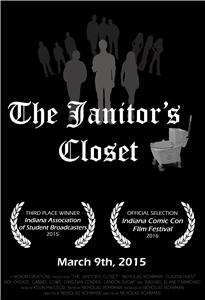
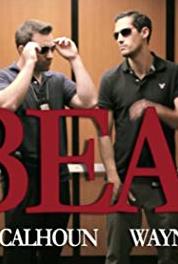

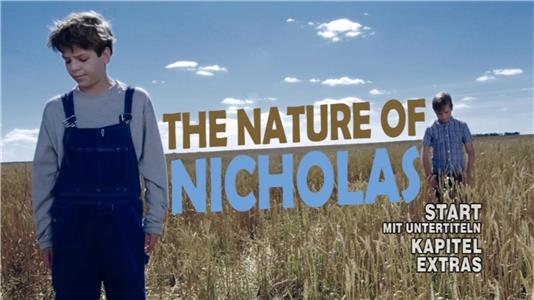
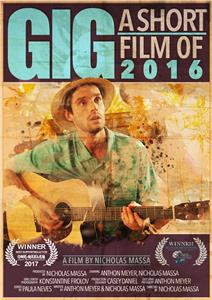
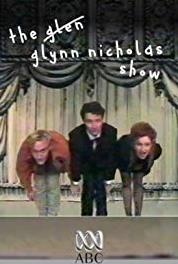
User reviews